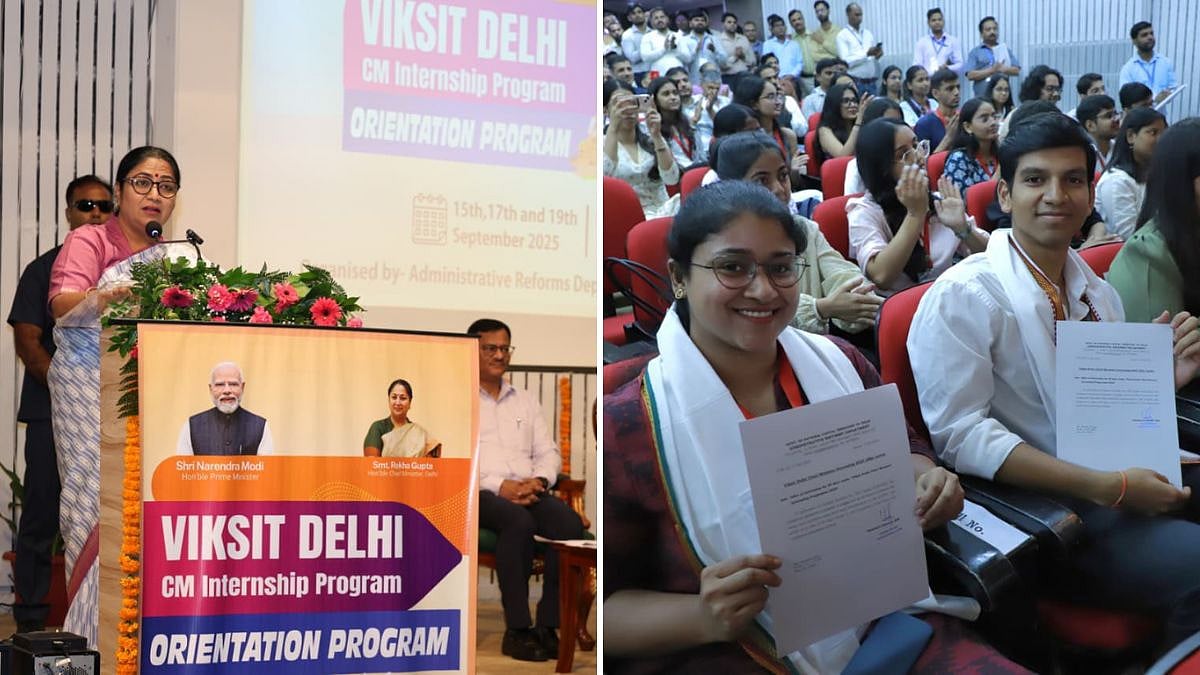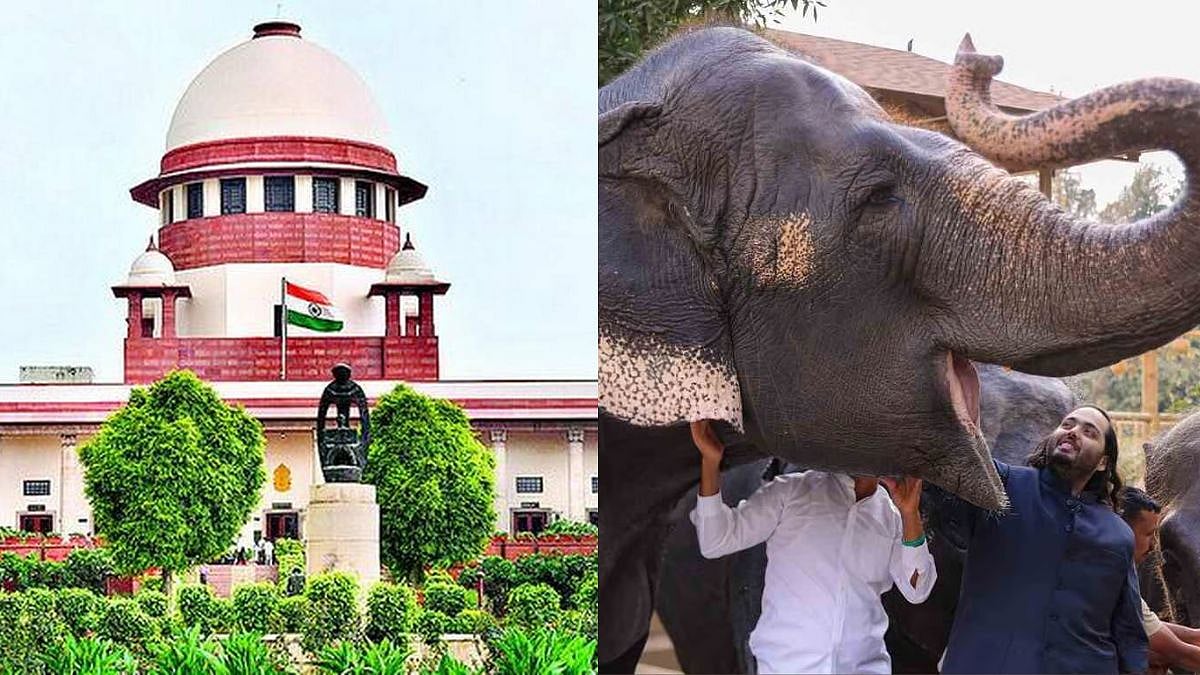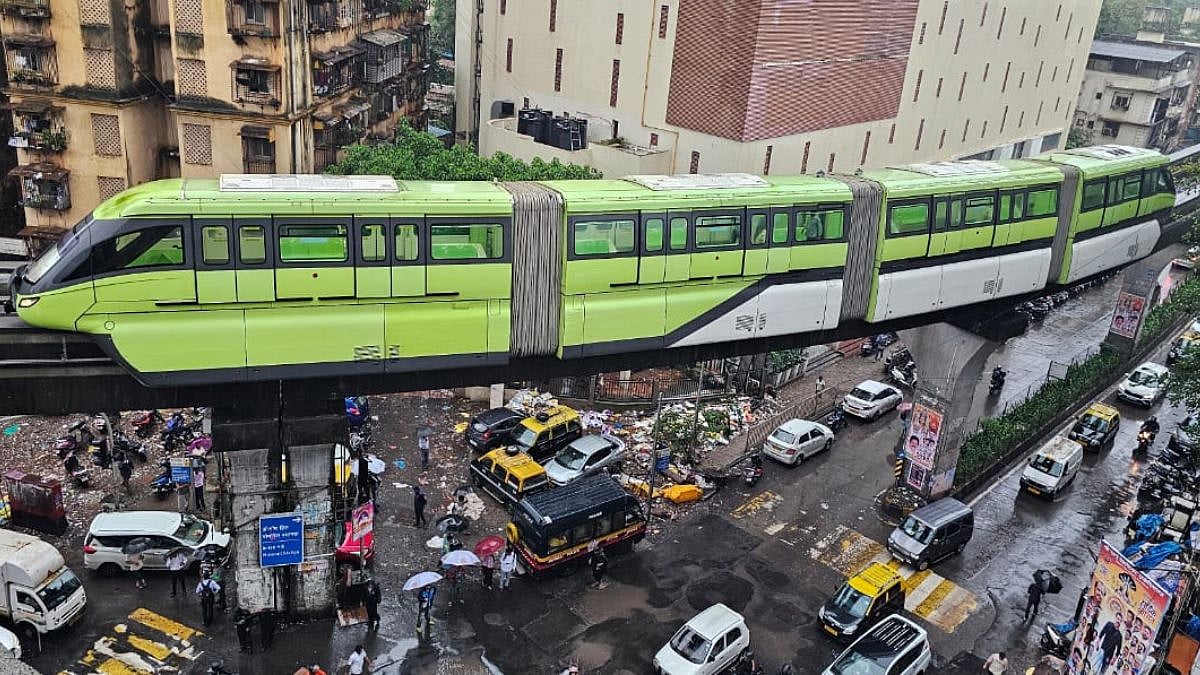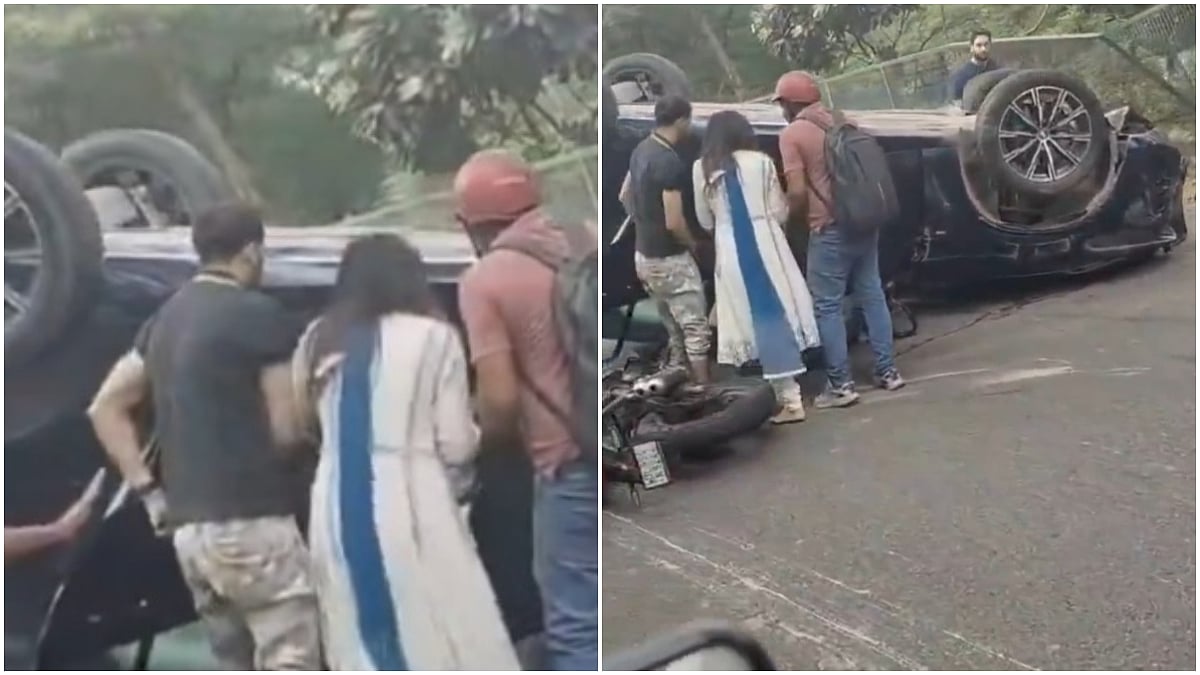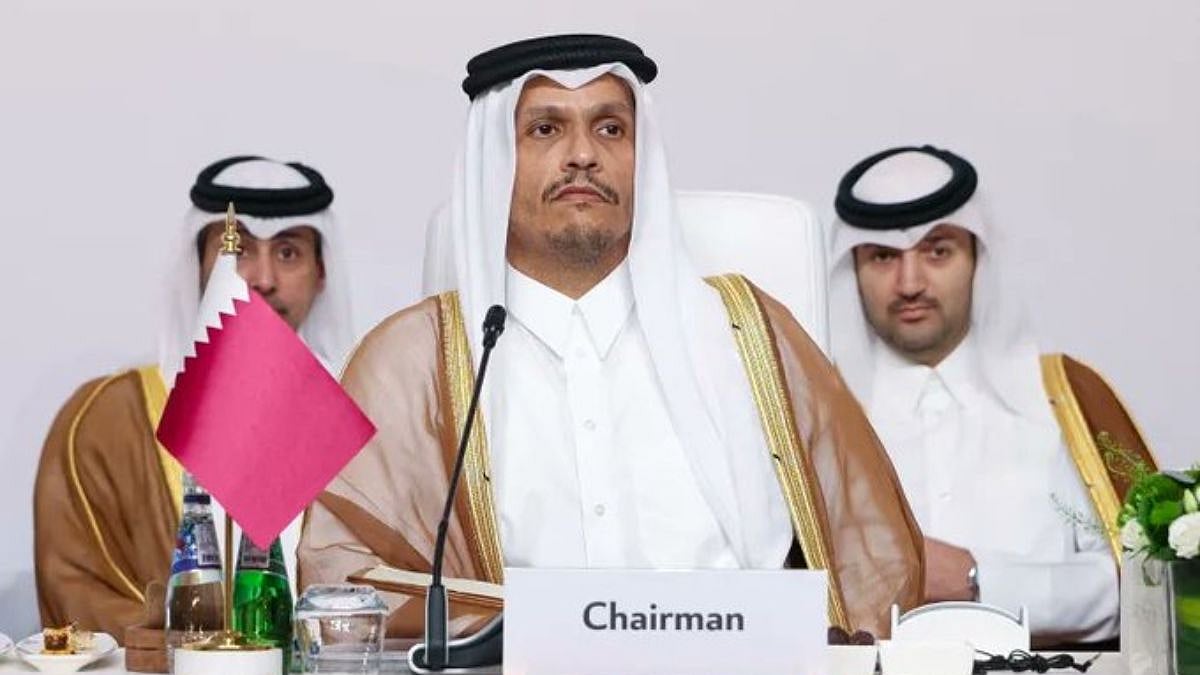Kabul: Recently deported Afghan refugees from Pakistan have stated that they have been facing severe hardships, according to Tolo News.
The refugees say that they were expelled suddenly by Pakistan and are now facing severe hardships. Bibi Shams, one of the many returnees, sharing her difficulties faced during displacement, stated that she was in need of aid.
"We need land to build homes,and my children are hungry. We need help. Winter is coming, and we are in need of aid," said Shams, as quoted by Tolo News.
Dua, another returnee, highlighted the problems with insufficient aid and shelters.

"There has been some aid, but it's not enough. Among us are refugees who have neither homes nor shelter. They need to be cared for and all their needs addressed," said Dua, as quoted by Tolo News.
Arafat Jamal, Head of the United Nations High Commissioner for Refugees (UNHCR) Afghanistan, stated that a total of nearly 1,00,000 Afghans had been deported from Pakistan during the first week of September, according to Tolo News.
"Just in the first week of September, nearly 100,000 people returned from Pakistan, which is pushing our and the country's capacity to the limit," stated Jamal.
A total of 10,288 people had been deported from Iran and Pakistan earlier in the week, as per the Afghan Commission for Refugees.
Hamdullah Fitrat, Deputy spokesperson for Islamic Emirates, in a post on social media X stated that necessary assistance had been offered to the returnees, quoted Tolo News.
A day earlier, UNHCR closed down several of it's aid centres in Afghanistan, including those supporting the Afghans returning from Pakistan and Iran, after the head of UN Assistance Mission in Afghanistan urged the Taliban authorities to address the issue of restrictions on female staff, Tolo News reported.
Arafat Jamal, UNHCR's chief in Afghanistan, underlined that women's participation is essential for their operations.
"On the 9th of September, we took the decision to close our encashment centers. We didn't take this lightly and we knew that it would have consequences for many returnees. These centers are essential to distribute the initial cash that people receive, to register people biometrically, and to provide protection, screening, and interviews," he said.
(Except for the headline, this article has not been edited by FPJ's editorial team and auto-generated from an agency feed.)

